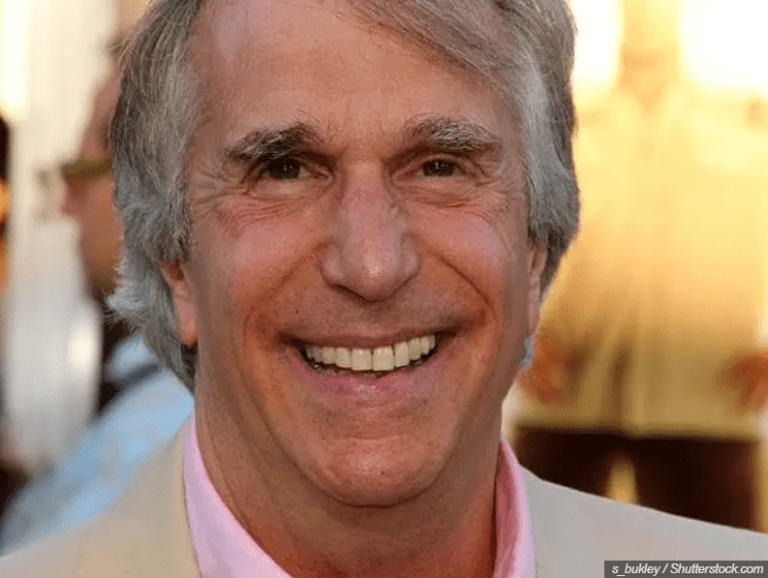
Actor Henry Winkler, best known as Fonzie in “Happy Days” or Stanley Yelnats III in “Holes,” stepped in to care for his mother in her final years despite his challenging childhood. Winkler was raised by two parents who valued education and hard work. They had scars from their parents dying in concentration camps, which they escaped in 1939.
These unfortunate facts overshadowed any joy and happiness Winkler to tried to create. As a child, he gravitated toward laughter and comedy. However, he struggled in school due to an undiagnosed learning disability. Still, Winkler did his best, given his life circumstances. Winkler has been open about his family issues growing up. He said his parents called him “Dumm Hund” and constantly punished him for his comedic acts, hoping he would study harder in school. However, despite his rough childhood, he learned to look at life through the art of comedy and acting.
After his successful career in television and acting, Winkler did what no one expected: he put his harsh childhood memories and feelings aside to care for his dying mother. Winkler had respect, love, and compassion for his mother. He says there were only a few times he ever saw her happy, recalling, “Once because we tickled her into a closet. The second time we were driving, she was in the back of the car, reading an article about some silly invention, and she thought it was very funny.”
As we navigate childhood pain and trauma, we want to eliminate problematic or toxic family members from our lives. We don’t want to subject ourselves to negativity or painful memories. However, Henry Winkler did the opposite, embracing his mother wholeheartedly. The Bible tells us to love sinners. We don’t get credit from God for loving others who love us. However, God calls us to love difficult people, which is what Winkler did.
Winkler left his career to care for his mother as she grew sicker. He knew she needed him, and she needed to know joy, love, compassion, kindness and respect. Winkler loved his mother when she couldn’t love or care for herself. He took the time to listen when no one else would and loved her in a way he wanted to feel loved as a child. Imagine how healing it was for Winkler and his mother to traverse the last decade of her life in a way that Jesus would love us.
God doesn’t want us to be doormats or subject ourselves to abuse. The Bible says he would set boundaries with challenging people, and Jesus tells us to respect and love our parents. Henry was the hands and feet of Jesus to his mother in the final moments of her life, which is a compassionate way to love someone. Caring for a dying parent can be challenging, especially as you heal from a traumatic childhood. However, Winkler had to put his feelings aside and care for his mother when he needed her. We should all love our parents as Henry Winkler loved his mother.


